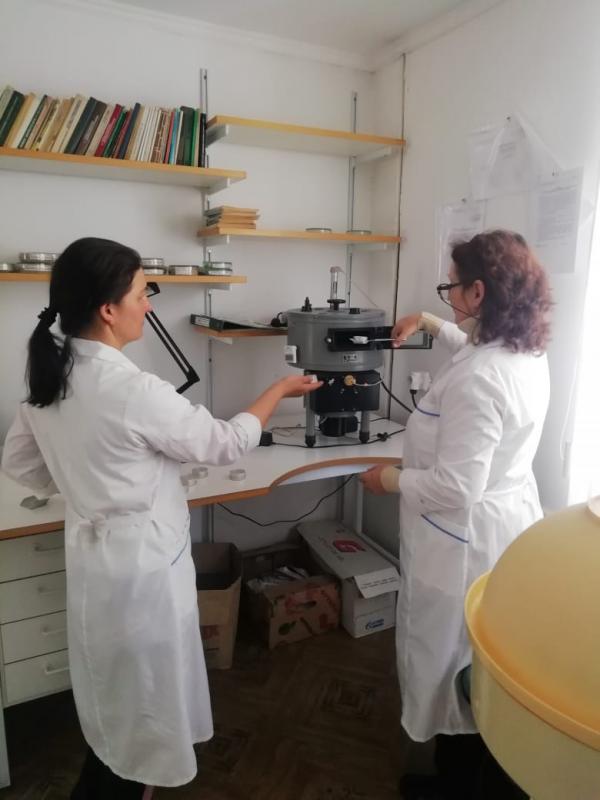
Kazakhstan is famous for its excellent quality wheat and good yield indicators. The latter, let's be honest, cannot be boasted by all agrarians. And this is explained by the fact that the yield above all depends on the seed, and then on the weather, technology, and other things. And by whom and more importantly how these seeds are checked, you will learn from the material of the World of NAN.
Only accredited organizations, among which 11 regional and district laboratories of KazAgroEx JSC, conduct seed testing in the country. Head of the Central Seed Laboratory Elena Gilmanova said that according to the budget program "Determination of Variety and Sowing Quality of Seeds and Planting Material", domestic farmers submit their seeds with variety documents for examination absolutely free of charge. Only the examination of non-varietal seeds is paid by the agricultural producers themselves.
Elena Nikolayevna, how important is it to carry out an examination of seed material before sowing?
The importance can be judged by the fact that the low yield is usually a consequence of sowing of low-quality seeds. They reduce the yield. For example, if the planted seeds have a moisture content higher than indicated in the specifications, self-warming of the seeds can occur. It occurs as a result of intensive "breathing" of grain. Outwardly, it is manifested in the darkening of grain, the appearance of mold fungi, the formation of extraneous odors, loss of flowability. Such seeds will not yield good and strong sprouts. Seeds must meet all the requirements of national standards to produce a good harvest. For first-class seeds, germination must be at least 95%, purity at least 99%.
What indicators include seed quality testing?
Seed quality examination is carried out in accordance with the Rules for Examination of Variety and Seed Quality, approved by the order of the Ministry of Agriculture. There are national standards that include indicators of germination, moisture, weight of 1000 seeds, purity, infestation by pests, infestation by diseases. Determination of germination and moisture is very important to properly form seed lots. Moreover, expertise allows to find out how did the period of seed storage go and whether the quality parameters have been changed.
Tell us about the examination procedure itself?
First of all, experts determine the humidity in the drying cabinet. Then, to determine the infestation of seeds by barn pests, the sample is sifted on sieves. Detected pests are counted. An important indicator is purity. Assorted grains are extracted from the sample ( different crops have their own weight of grains), parsed for waste, the content of the main crop of seeds, and the content of weed seeds of plants. Purity for the 1st class - 99%, for the second - 98%, and for the 3rd class - 97%. Germination is determined by germinating seeds in special cooled and heated thermostats in a humid chamber at a certain temperature for each crop. Another indicator is the weight of 1,000 seeds. Five hundred pieces of seeds are counted from two samples, weighed and summed. The result of the analysis allows you to calculate the rate of seeding and give an estimate of the stock of nutrients in the grain. When analyzing the sample for contamination of seeds with diseases, we identify bunted pouches, lumps, ergot horns, and fungal sclerotia. If the seeds are infected with diseases, consequently, there is contamination of the soil. For example, dust bunt spreads during flowering by air, spreading its spores to neighboring fields. As a result, the ear is completely damaged and the yield decreases by up to 30%.
Elena Nikolayevna, what is usually done with the seeds deemed unsuitable?
Seed batches infected by quarantine objects are considered unfit for sowing. Such seeds are not allowed for sowing and are disposed of.
Besides, if lots of seeds have considerable deviation by any indicators (for example, germinating capacity or humidity), there is no possibility to improve seeding qualities by additional cleaning or calibration, then the producer may use such batches for food or fodder purposes. Our specialists always give methodological recommendations in such cases.
What are conditioned seeds? As far as we know, only they are allowed for sowing?
These are seeds, which meet the requirements of normative standards on sowing qualities by all indicators. Only conditioned seeds are allowed for sowing. Sowing material must meet national and interstate standards. Agrarians themselves should take an interest in this, because substandard, unconditioned seeds do not guarantee high yields.
To what extent do agrarians take a responsible approach to seed inspection?
Nowadays agricultural producers approach grain production with great responsibility. They pay attention not only to seeds, but also to checking the soil and fertilizers. Both large and small farms do it. At the moment, our laboratories received 1,381,904 tons of seeds for testing. We have tested 1,197,660 tons. There are 1,183,432 tons of conditioned seeds. Of these: 1 class 772,694 tons, 2 class - 284,843 tons, 3 class - 125,894 tons. I would like to remind you that we check seeds of all crops grown in Kazakhstan. Services are provided as a package, i.e. farmers do not need to look for separate laboratories for the examination of grain, seeds, and chemical laboratories.






































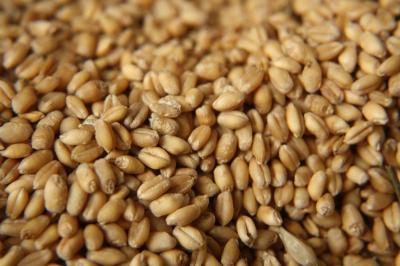
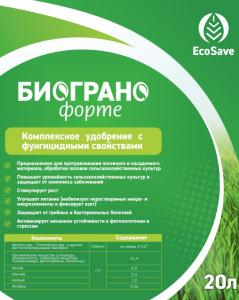
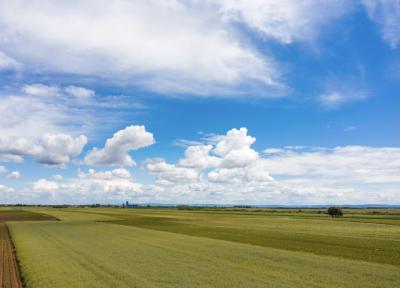
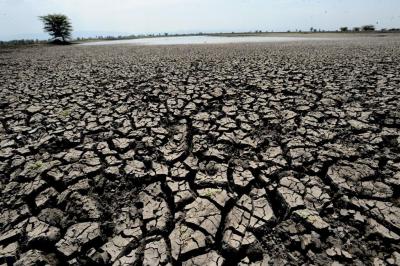
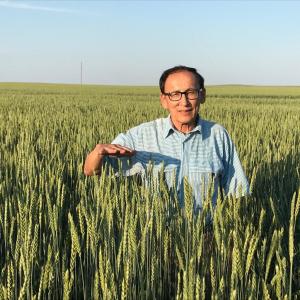
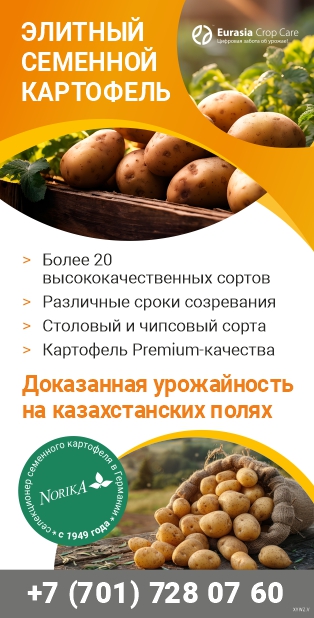

Обсуждение